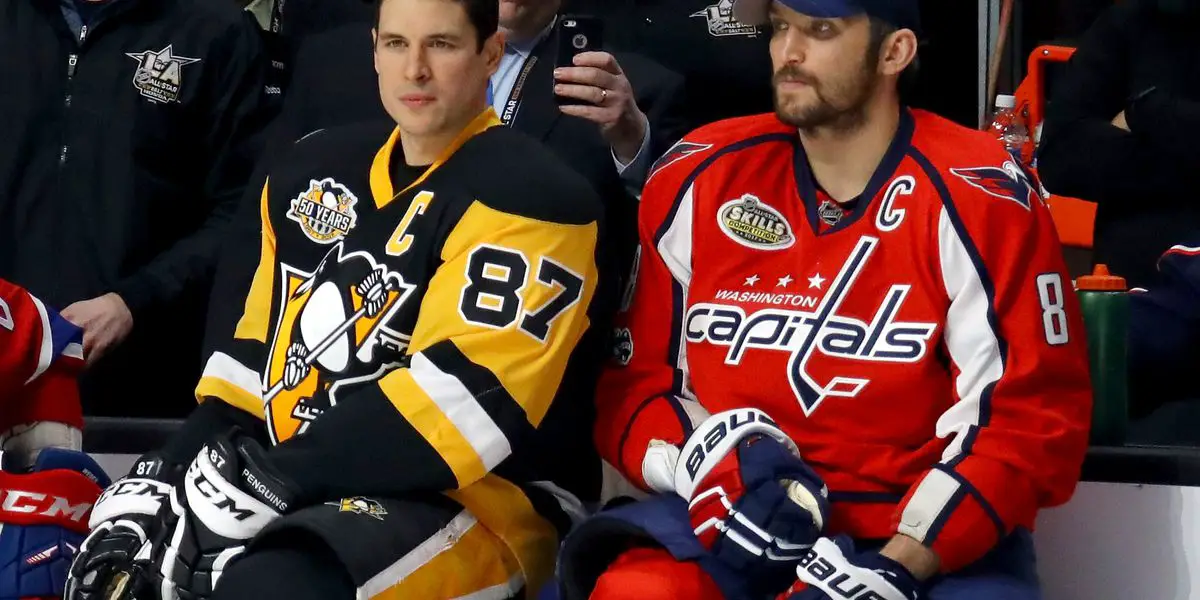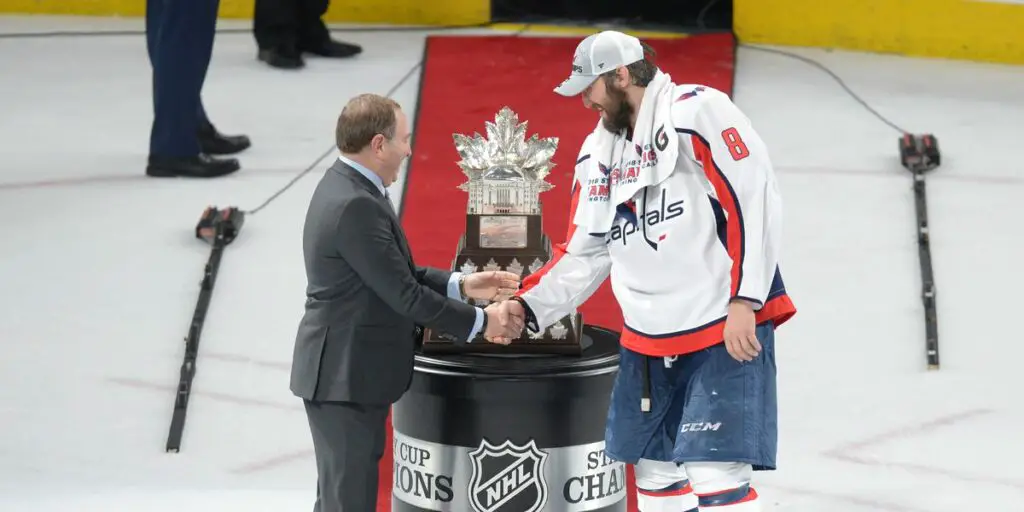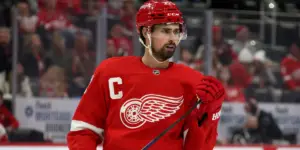
The term “generational talent” gets thrown around far too often these days. I consider a talent to be generational when they are the clear-cut best player in the world for the majority of their careers. There may be a few exceptions, such as Crosby and Ovechkin both being generational talents at the top of their games at the same time. Each time one of these “once in a generation” type of players gets drafted to an NHL team, they have been able to build a Stanley Cup Champion. While hockey is very much a team game that can’t be won with a single player, if you have a true mega-star to build around, history has shown that it becomes much easier to win Stanley Cups. The only organization that has struggled mightily to build around one of these players is the modern-day Edmonton Oilers. They have yet to even threaten for a Stanley Cup in McDavid’s first seven NHL seasons. In this article, I will compare the organizations with generational talents across modern hockey history and break down how their teams fared in the first seven seasons with these stars to see how far off the Oilers are and if it’s time to hit the panic button.
Wayne Gretzky – 80’s Oilers
When Gretzky’s Oilers first entered the NHL, the New York Islanders were the class of the league. However, the Oilers had the early foundation of a dynasty and quickly made it to their first Stanley Cup Final in year four. They ultimately lost to the Islanders but exacted revenge the very next season in 1984, winning their first championship in franchise history. They went on to repeat as champs in 1985, then won the President’s Trophy before coming up short against the Flames in 1986. Overall, the Oilers were fantastic during the first seven seasons of Gretzky’s career. In a few short years, they managed to win two Stanley Cups, make three finals appearances, and win a President’s trophy. They built an offensive juggernaut around the Great One and had a team filled to the brim with Hall of Fame talent.
Mario Lemieux – Pittsburgh Penguins
Mario Lemieux’s Penguins were similar to the modern day Oilers in several ways. They only made the playoffs one time in Lemieux’s first six seasons and lost in the second round during that single playoff run. This was all despite the fact that Mario had scored over 100 points in each of those six seasons. Finally, in year seven, the Penguins managed to find the depth they needed and won the Stanley Cup. While the Penguins weren’t as successful with their generational talent as the Oilers were with Gretzky, they still managed to win one championship in the first seven years, and they followed that up with another Stanley Cup in year eight and a President’s Trophy in year nine. The Penguins found a way to surround Mario with guys like Mark Recchi, John Cullen, Jaromir Jagr, and veteran Paul Coffey, to reach the ultimate goal at last, and they remained a top team for several years after their first cup.
Sidney Crosby – Pittsburgh Penguins
In 2005 and 2006, the Penguins drafted back-to-back superstars in the first round. They added the generational player Sidney Crosby and another future Hall of Famer in Evgeni Malkin. Pittsburgh turned things around almost immediately with these two, as they made it to the Stanley Cup Finals in Crosby’s third season and won the Stanley Cup the very next year, making Sid the youngest captain to win the Stanley Cup in NHL history. The team had a ton of young talents such as Marc-Andre Fleury, Jordan Saal, and Kris Letang, as well as some veterans that could still play, like Petr Sykora and Ruslan Fedotenko. While the Pens didn’t win another Cup until well beyond year seven, they remained a strong contender every season, and to this day, they have made the playoffs every year since Crosby’s second season.
Alex Ovechkin – Washington Capitals

The Capitals were the first team with a truly generational talent that failed to build a Stanley Cup winning team in the first seven seasons with their superstar. However, they did make the playoffs in five of those seven seasons, and they won a President’s Trophy in 2011. The Capitals were a nightmare to defend against, with the most electric offense in the league led by Alex Ovechkin, Nicklas Backstrom, Alexander Semin, and Mike Green. While they came up short time after time in the second round of the postseason, they were a constant threat to win it all and a genuine contender every season. They eventually turned that regular-season success into a championship in Ovechkin’s thirteenth season.
McDavid – Current Oilers
Connor McDavid looked destined to follow in Sidney Crosby’s footsteps early on in his career. Like Crosby and Malkin, the Oilers formed a two-headed monster with McDavid and Draisaitl and made the playoffs in their second season together. After leading the team to game seven of the second round in just year two, the probability of Connor McDavid winning a Stanley Cup with the Oilers seemed all but inevitable. Unfortunately, the Oilers fell apart largely due to poor decision-making by then General Manager Peter Chiarelli. The Oilers missed the playoffs two years in a row, and Chiarelli was replaced by Ken Holland. Holland has seemingly repeated some of the former management group’s mistakes by acquiring old veteran players past their prime on multi-year deals and failing to surround McDavid with enough depth. The goaltending has also been a problem during Holland’s tenure that hasn’t been addressed, and the coaching has even been questionable at times. Several players came to Edmonton this season with a solid track record as effective bottom-six players and have suddenly struggled under Dave Tippett. If you don’t count the play-in series, the Oilers have only made the playoffs twice in the McDavid era, and they got swept in the first round in one of those series. We are now in year seven of Connor’s career, and the Oilers are closer to missing the playoffs than they are to contending. There are many in the media and in the fanbase that still defend the organization, but at the end of the day, the fans deserve better. As I have demonstrated with the previous examples, this level of failure with a generational talent and another top-five player in the league on the same team is unprecedented. Ovechkin proved that sometimes it can take many years to put it all together, but the Oilers are nowhere near as successful to this point as the Capitals were in their first seven seasons with Ovechkin and there is no end to the incompetence in sight. The possibility of Edmonton missing the opportunity of a lifetime to win the Stanley Cup with Connor McDavid is starting to look more likely with each passing year.
Discover more from Inside The Rink
Subscribe to get the latest posts sent to your email.



